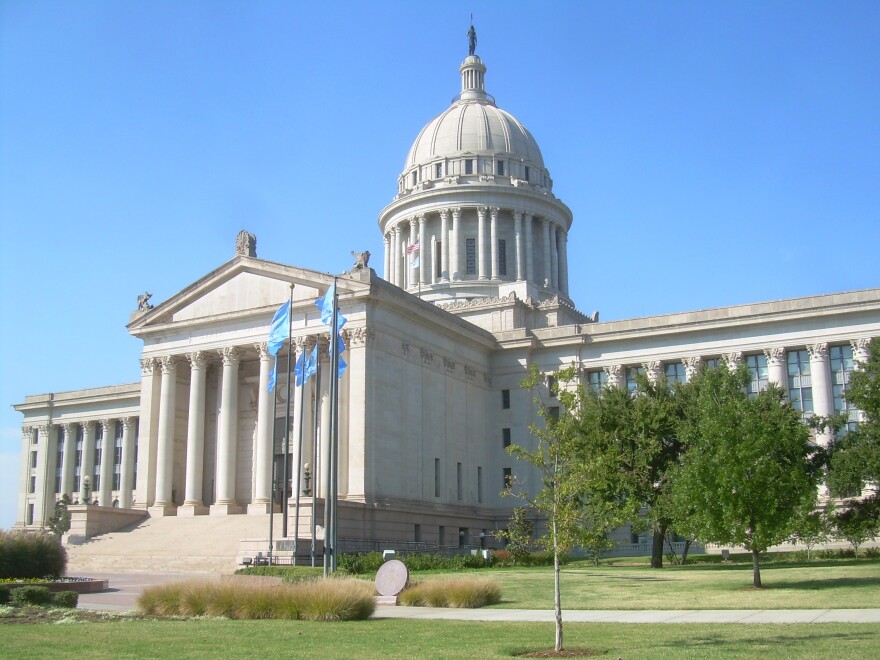Many of the bills restricting classroom content - a headline-grabbing topic earlier in session - are dead.
But Oklahoma House members did advance a bill out of the State Powers Committee featuring new language that will slightly expand last year’s so-called Critical Race Theory ban.
Senate Bill 784 would allow parents and students to file complaints with the Attorney General’s Office. Right now, complaints are filed with the State Department of Education, which reported only two unfounded complaints last fall.
The measure would also create a 15-member commission to review the quality and outcomes of distance learning.
It had previously been a bill related to law enforcement training.
Another measure of note that passed out of the House Appropriations and Budget Committee Thursday, could have an effect on the state’s medical marijuana funds that go to schools.
Senate Bill 1848 would reconfigure the percentages of marijuana revenue so some money goes off the top to pay for grants for sheriff’s offices. It’s unclear exactly what those public safety grants would do, but the overall pot of money for schools was reduced from previously advanced legislation that apportioned those funds.
Right now, a portion of medical marijuana revenues go to schools in a revolving fund that pays for infrastructure improvements at more than half of the traditional and charter public schools across Oklahoma. This spring, Oklahoma distributed more than $38 million in the Redbud Schools Grants program.
One bill that appears dead is Senate Bill 1624. That measure would have moved state school feeding programs from the Department of Education to the Department of Agriculture.
It failed in the House Common Education Committee by a vote of 6-7.
The bill’s author Adam Pugh said the move could make it easier for local school districts to source food locally.
“The goal was to feed people, to support local agriculture, to increase domestic production and to get global sources of food into schools,” Pugh said.
However, critics questioned the helpfulness of the bill, arguing that it created unnecessary bureaucracy.
State Superintendent of Public Instruction and Democratic candidate for Governor, Joy Hofmeister, panned the measure, according to Tulsa World.
“As a state, we should be focused on why 60% of our students qualify for free or reduced-price lunches,” Hofmeister told The World. “Instead of rearranging who distributes the national school lunch program, which only pulls attention and resources away from needy students, our state needs a broader vision for how to provide more opportunities to families.”
StateImpact Oklahoma is a partnership of Oklahoma’s public radio stations which relies on contributions from readers and listeners to fulfill its mission of public service to Oklahoma and beyond. Donate online.







